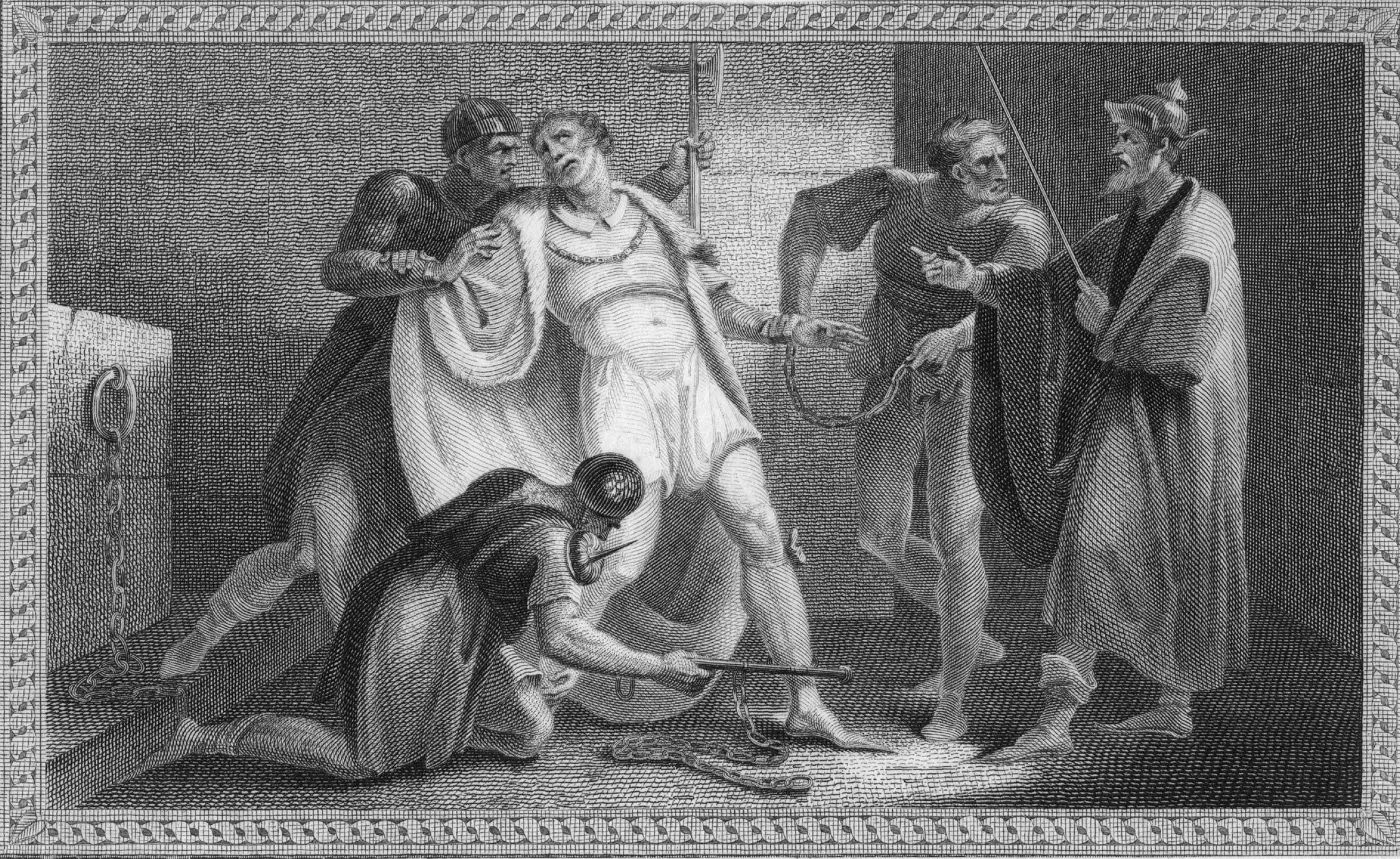Historical crime fiction round-up: Plagues, priests, peasants and power struggles

Your support helps us to tell the story
From reproductive rights to climate change to Big Tech, The Independent is on the ground when the story is developing. Whether it's investigating the financials of Elon Musk's pro-Trump PAC or producing our latest documentary, 'The A Word', which shines a light on the American women fighting for reproductive rights, we know how important it is to parse out the facts from the messaging.
At such a critical moment in US history, we need reporters on the ground. Your donation allows us to keep sending journalists to speak to both sides of the story.
The Independent is trusted by Americans across the entire political spectrum. And unlike many other quality news outlets, we choose not to lock Americans out of our reporting and analysis with paywalls. We believe quality journalism should be available to everyone, paid for by those who can afford it.
Your support makes all the difference.Is the modern world too much, with news broadcasts presenting impossible problems in every direction? You could plunge safely into the past, where everything has been resolved by time.
Does Ebola give you nightmares? SD Sykes' Plague Land (Hodder, £18.99) will take you into a country recently devastated by the Black Death, where a murder investigation must take place in spite of the massive toll just experienced. Young Oswald, looking forward to a placid, monastic existence, is called home when his father and brothers have died of plague and he must take over the management of the family estate in a land where the lord of the manor has lost much of his authority with the collapse of rural society.
There's a nice, cliché-free sharpness to Sykes' writing: Oswald's bad-tempered mother and sister indulge in back-chat that suggests a medieval Raymond Chandler at work, and there are no phony celebrations of the peasantry or earth-mothers thrusting herbal concoctions down grateful throats. Plenty of action and interesting characters, without intervention of the libertarian modern conscience that so often wrecks the medieval historical novel. Close the book on this plague and sleep in peace.
Worried by the rise of religious fundamentalism? If it's any comfort (probably not much) things were just as bad in the west in past history. Alessandro Gallenzi takes a real historical character, Giordano Bruno, always attractive to modern eyes because he was a 16th-century hellraiser. In The Tower (Alma Books, £12.99), undiscovered manuscripts by Bruno have come to light but disappear with the priest whom a disapproving Vatican sends to study them.
Gallenzi moves between a pair of modern investigators and Bruno's world, and it must be said that the author is far more comfortable in the 16th century than in the 21st. The contemporary scholars are little more than cardboard figures, but Gallenzi's passion really takes flight when it comes to Bruno – and the book lifts off. It all ends in tears, of course, but then it was a long time ago and we no longer burn heretics in the west.
The civil wars of history are also easier to contemplate than those of our own day. Who worries now about Stephen and Matilda? Ariana Franklin, who died recently and whose last book this is, did so to good effect, and Winter Siege (Bantam £16.99) is an absorbing re-creation of the 12th-century power-struggle that so impoverished England, seen principally through the eyes of a stray soldier, a peasant girl and a young heiress. The Empress Matilda appears as an arrogant and imperious creature, as much absorbed by the pursuit of power as any of her male competitors, and this is a fast-moving story of humbler folk caught up in cruel battles.
Anti-Europeanism has had much media coverage, but "Hearts of Oak"-type fiction about gallant engagements with French flagships often presents an optimistic jingoism. Patrick Easter's The Rising Tide (Quercus, £7.99) offers a more complex view of the war with France. It does have a "Froggie" baddie in hot pursuit of former naval officer, Tom Pascoe, now patrolling the Thames in the river police, but the more profound theme is the pursuit of a runaway slave whose West Indian master is trying to abduct him.
Before we triumphantly claim Britain as the country which abolished slavery, we should take note that this was a very limited manumission, and that commercial values continued to override questions of rights and liberty. This book brings a tragic realism to a usually superficial historical genre. "The past is a foreign country," said LP Hartley, and sometimes we must thank God it is.
Join our commenting forum
Join thought-provoking conversations, follow other Independent readers and see their replies
Comments